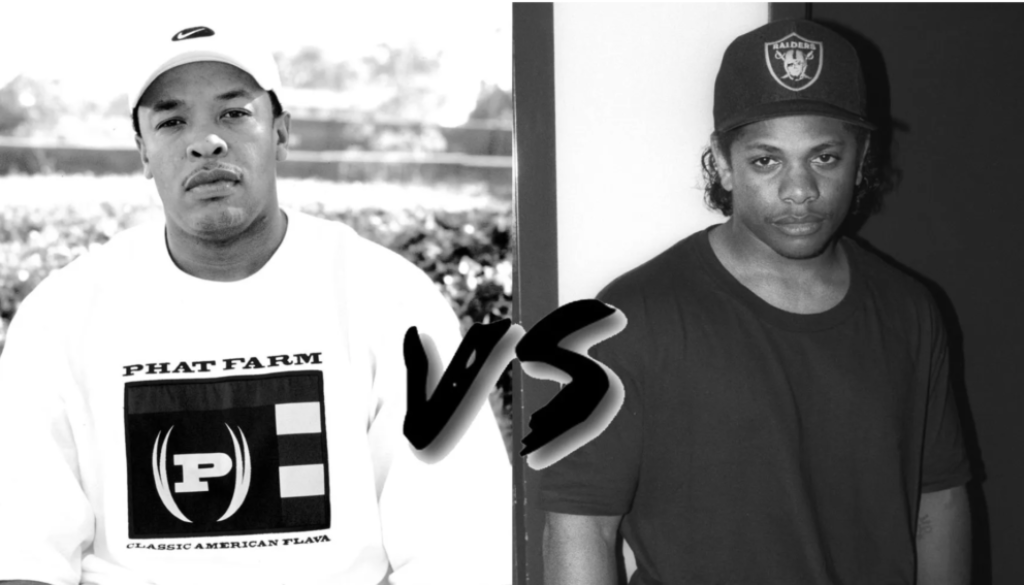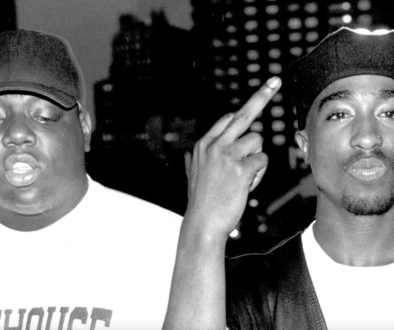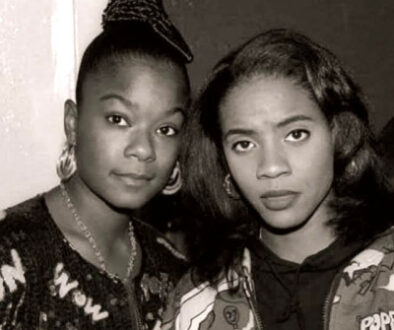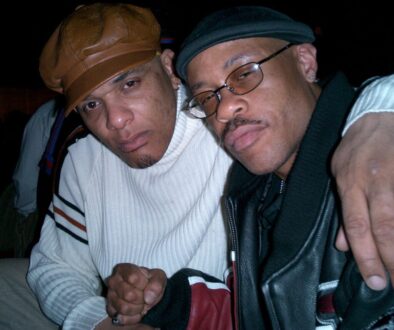Dr. Dre vs. Eazy-E: From Brotherhood to Brutal Betrayal
In the golden era of West Coast hip-hop, few stories are as juicy and tragic as the feud between Dr. Dre and Eazy-E. What started as a brotherhood within N.W.A. ended in one of the most bitter and public splits in music history, a tale of betrayal, power, and the high stakes of the rap game.
The Rise of N.W.A.: Brothers in Beats
Dr. Dre and Eazy-E were once inseparable, the dynamic duo at the heart of N.W.A., the group that brought gangsta rap to the mainstream. Dre, the genius producer, and Eazy, the street-smart hustler turned rapper, were a force to be reckoned with. Together, they revolutionized hip-hop with raw, unapologetic tracks that painted a vivid picture of life in Compton. Their bond seemed unbreakable, but beneath the surface, tensions were brewing.
The Business of Betrayal
The cracks began to show when Dr. Dre grew increasingly frustrated with the financial arrangements at Ruthless Records, the label co-founded by Eazy-E and Jerry Heller. Dre felt he wasn’t being compensated fairly for his contributions, and rumors swirled that Heller was manipulating the finances in Eazy-E’s favor. As Dre’s discontent grew, so did the distance between him and Eazy. It wasn’t long before Dre made his move, aligning himself with Suge Knight and breaking away to form Death Row Records.
The Fallout: Dre Day and Real Muthaphuckkin G’s
Dr. Dre wasted no time making his feelings known. His track “Dre Day,” featuring Snoop Dogg, was a direct shot at Eazy-E, painting him as a washed-up gangster who was more businessman than street icon. The diss was brutal, with Dre and Snoop mocking Eazy’s stature and questioning his credibility. For fans, it was shocking to see such venom between former bandmates, but the drama was far from over.
Eazy-E wasn’t about to take Dre’s insults lying down. He fired back with “Real Muthaphuckkin G’s,” a track that has since become legendary in its own right. In it, Eazy-E didn’t just defend himself; he eviscerated Dre’s newfound gangsta persona, calling him out as a studio gangster who traded in his street roots for fame. The video for the track was equally savage, featuring a Dre look-alike being paraded around as a clown, a clear message that Eazy wasn’t backing down.
The Personal and the Professional
But this feud wasn’t just about music; it was deeply personal. Eazy-E felt betrayed by someone he once considered a brother. Dre’s departure from Ruthless wasn’t just a business move—it was a declaration that he no longer needed Eazy to succeed. For Dre, leaving Ruthless was about more than money; it was about establishing his own legacy, free from the shadows of Eazy-E and Jerry Heller.
As the feud escalated, fans and the media couldn’t get enough. Every interview, every new track was dissected for clues about the growing animosity between these two West Coast giants. Their beef became a symbol of the dangers of mixing business with friendship, a cautionary tale of how quickly things can turn sour when money and ego are involved.
The Tragic End
Sadly, the feud took on a tragic note when Eazy-E was diagnosed with AIDS in early 1995. As his health deteriorated, there were reports that Dre and Eazy-E had spoken before his death, with Dre expressing regret over their fallout. Whether or not they truly reconciled remains a matter of speculation, but Eazy-E’s passing marked the end of an era.
Legacy of the Feud
The Dr. Dre vs. Eazy-E feud left an indelible mark on hip-hop. It was a bitter reminder that the music industry is as much about business as it is about artistry. The tracks born out of their rivalry are now considered classics, a testament to the raw emotions that fueled their creativity. But more than that, their story is a cautionary tale about loyalty, ambition, and the high cost of success.
In the end, Dr. Dre and Eazy-E’s feud was more than just a battle of egos; it was a reflection of the intense pressures of the rap game. They were brothers torn apart by the very industry they helped build, their bond shattered by the allure of power and control. It’s a story that remains as compelling today as it was in the 90s—a real-life drama that reminds us that in hip-hop, just like in life, the line between love and hate is razor-thin.



